From Japan, which lost 600,000 people last year, and according to the latest census released in May, China is losing roughly 400,000 people every year. China still claims its population is growing, but even if these projections are taken at face value, the population decline previously projected to start by midcentury may now begin as early as 2030. This means China could lose between 600 and 700 million people from its population by 2100.
Elon Musk frequently talks about the problem of declining birth rates
There’s another video here.
You can also add the world’s second-most populous country, India, to the list of low-fertility countries, with a birthrate at replacement rate (2.1). Also include Japan (1.3), Russia (1.6), Brazil (1.8), Bangladesh (1.7) and Indonesia (2.0).
There are still big countries with high birthrates, such as Pakistan (3.4) and Nigeria (5.1). But even these numbers are lower than they were in 1960 – when Pakistan was at 6.6 and Nigeria at 6.4 – and declining every year.
More about the situation here.
Japan’s population is projected to fall from a peak of 128 million in 2017 to less than 53 million by the end of the century.
Italy is expected to see an equally dramatic population crash from 61 million to 28 million over the same timeframe.
They are two of 23 countries – which also include Spain, Portugal, Thailand and South Korea – expected to see their population more than halve.
“That is jaw-dropping,” Prof Christopher Murray told me.
China, currently the most populous nation in the world, is expected to peak at 1.4 billion in four years’ time before nearly halving to 732 million by 2100. India will take its place.
The UK is predicted to peak at 75 million in 2063, and fall to 71 million by 2100.
Almost every developed country has a declining birth rate, but
Why are there declining birth rates?
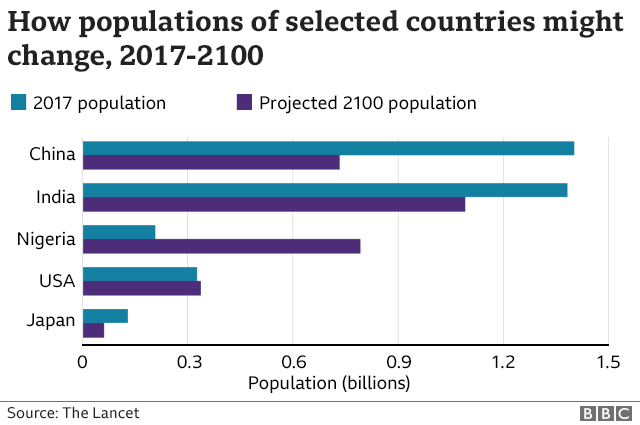
As people become wealthier they have fewer children
Raising a Family is More Expensive
Financial concerns also led people to have fewer children than what they considered to be ideal: 64 percent said it was because child care was too expensive, 43 percent said they waited too long because of financial instability and about 40 percent said it was because of a lack of paid family leave.
As people become more educated they have fewer children
People feel less powerful?
Could it be that the middle class’s people’s standard of living is in relative decline in developed countries,
Let’s Zoom Out
While birth rates have plummeted, the actual population has exploded.
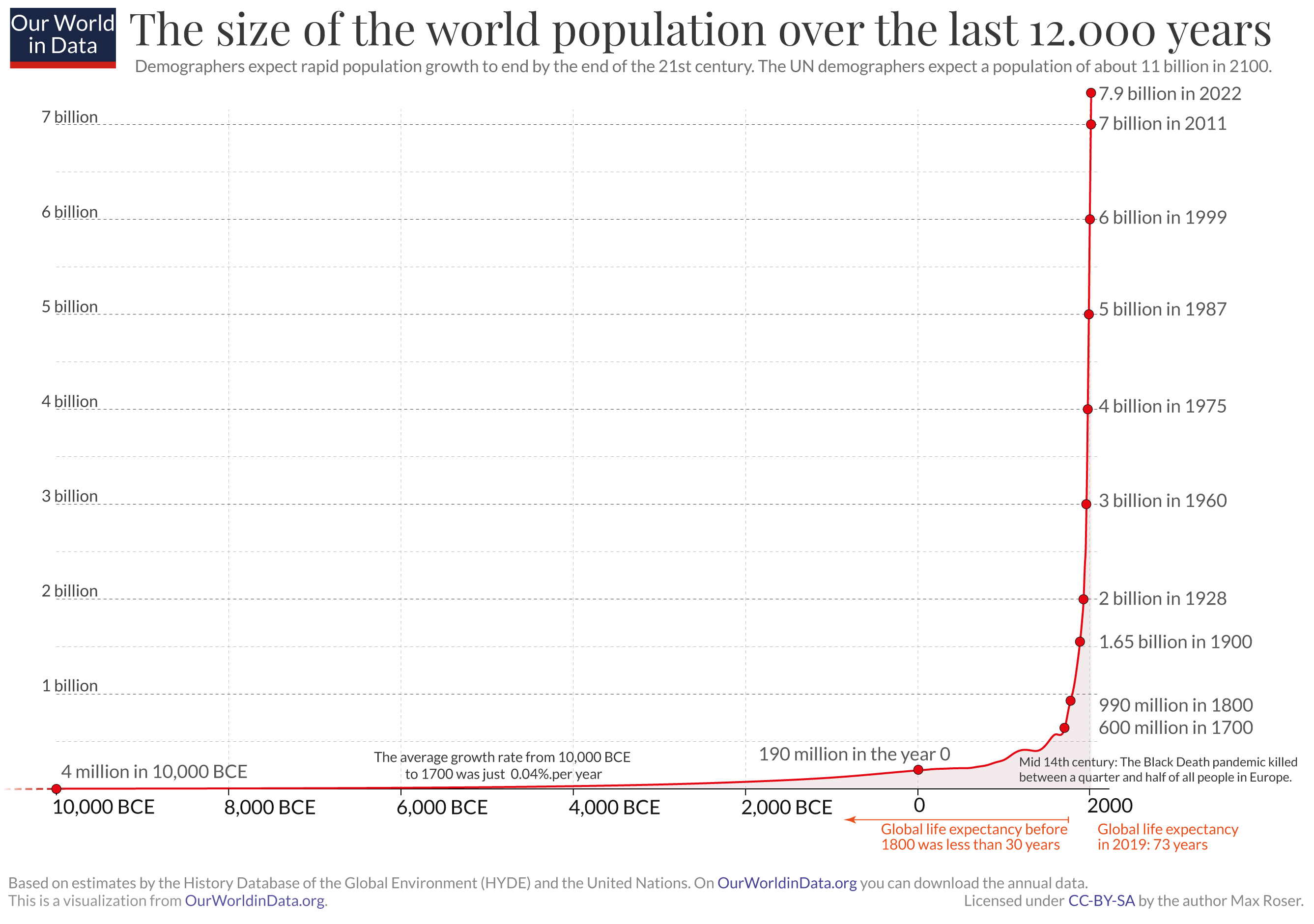
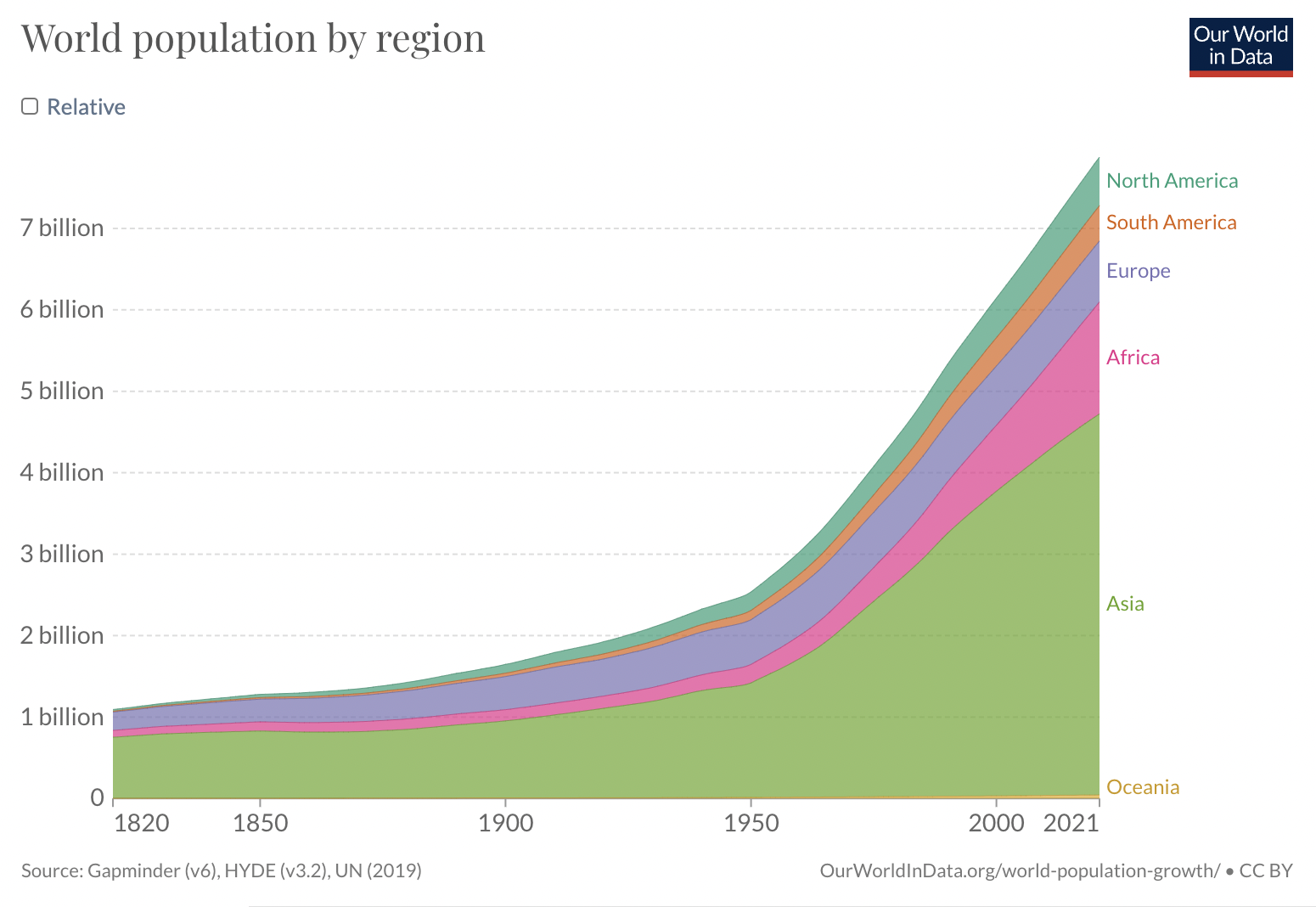
So it seems to be that the reason is that people are having less children because people are living longer and birth rates decline is similar to the death rate decline.
It’s actually because our population has grown 5x in the last 100 years. So the declining birth rates could be that we are reaching some kind of equilibrium.
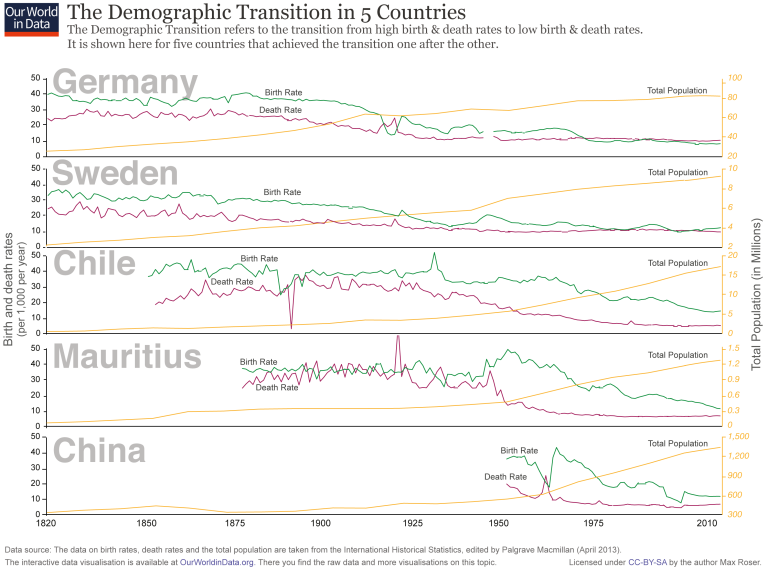
For example in UK, the BR and DR closely followed each other for the last 500 years.
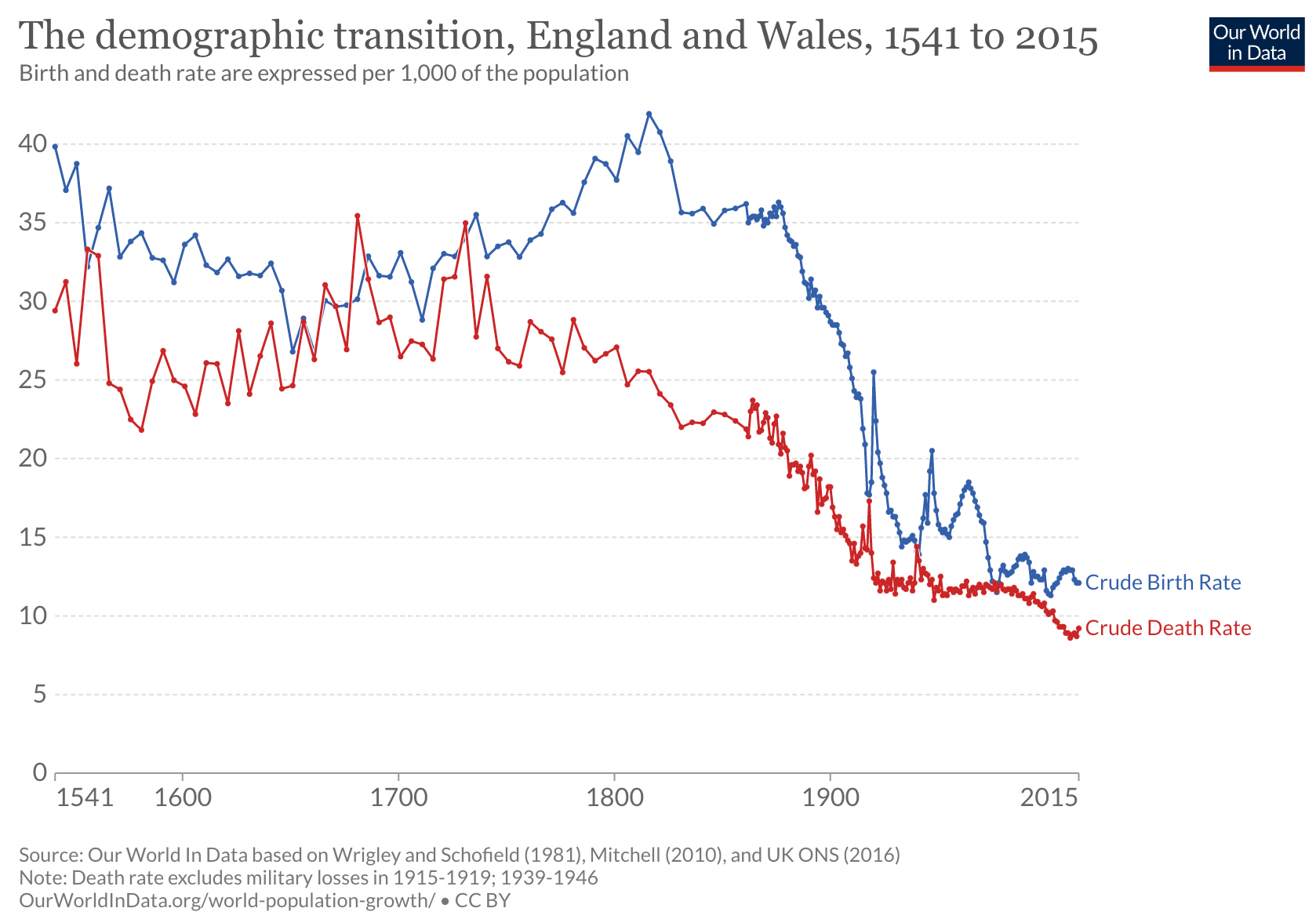
Is it a problem?
If it leads to declining population then it might be a problem because society will need to totally change. These shortages can cause an overall reduction in quality of life, government-funded programs, and national GDP.
It might not be a problem.
Overpopulation is also a problem
But continually growing population might also be a problem, if it continued at the same rate as it has grown in the last 100 years from 1.5 billion to 7.9 billion. This is a 5x increase. Could we cope with 16 billion people on the planet if it doubled in the next 100 years? Or 40 billion? if we 5x our growth as we did in 1900.
We also need to find balance.
Should we be working to increase the birth rates?
Should we be doing any action?
Some countries may take measures to try to boost the birth rates, but ultimately I think it’s about making the quality of life better for people so that we feel like we are able to cope with more people and we are not overpopulated.
How to boost birth rates?
Improving People’s Quality of Life
How many people can we support? I think it’s important to answer that question first. Could we cope with 5x or 10x as many people?
I think one of the most important ways is to make people feel like we are not overpopulated by improving their quality of life, solving social issues, reducing traffic, making people richer, making housing better and improving peoples quality of life.
Making society better, and everything better, will make people happier, feel more powerful, and less stressed, and want to have more children.
Power is the ultimate aphrodisiac
Migration as a Solution
Countries, including the UK, have used migration to boost their population and compensate for falling fertility rates.
However, this stops being the answer once nearly every country’s population is shrinking.
“We will go from the period where it’s a choice to open borders, or not, to frank competition for migrants, as there won’t be enough,” argues Prof Murray.
Prof Ibrahim Abubakar, University College London (UCL), said: “If these predictions are even half accurate, migration will become a necessity for all nations and not an option.
“The distribution of working-age populations will be crucial to whether humanity prospers or withers.”
“To be successful we need a fundamental rethink of global politics.
“The distribution of working-age populations will be crucial to whether humanity prospers or withers.”
Migration to Space
Living in space and being able to live on other planets is surely a solution. It will make people richer, and having new planets to populate will surely increase the number of people.
Some more sources:
This is a great which looks into it in more detail
https://ourworldindata.org/world-population-growth
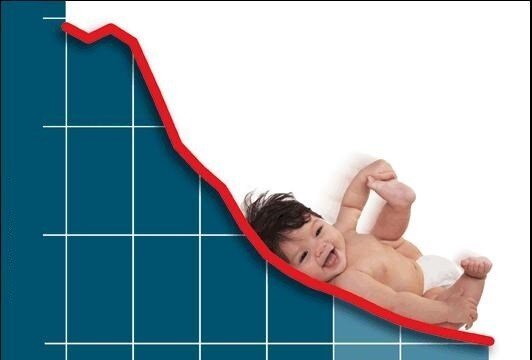
Pingback: Questions about our Biology - Richard Coward